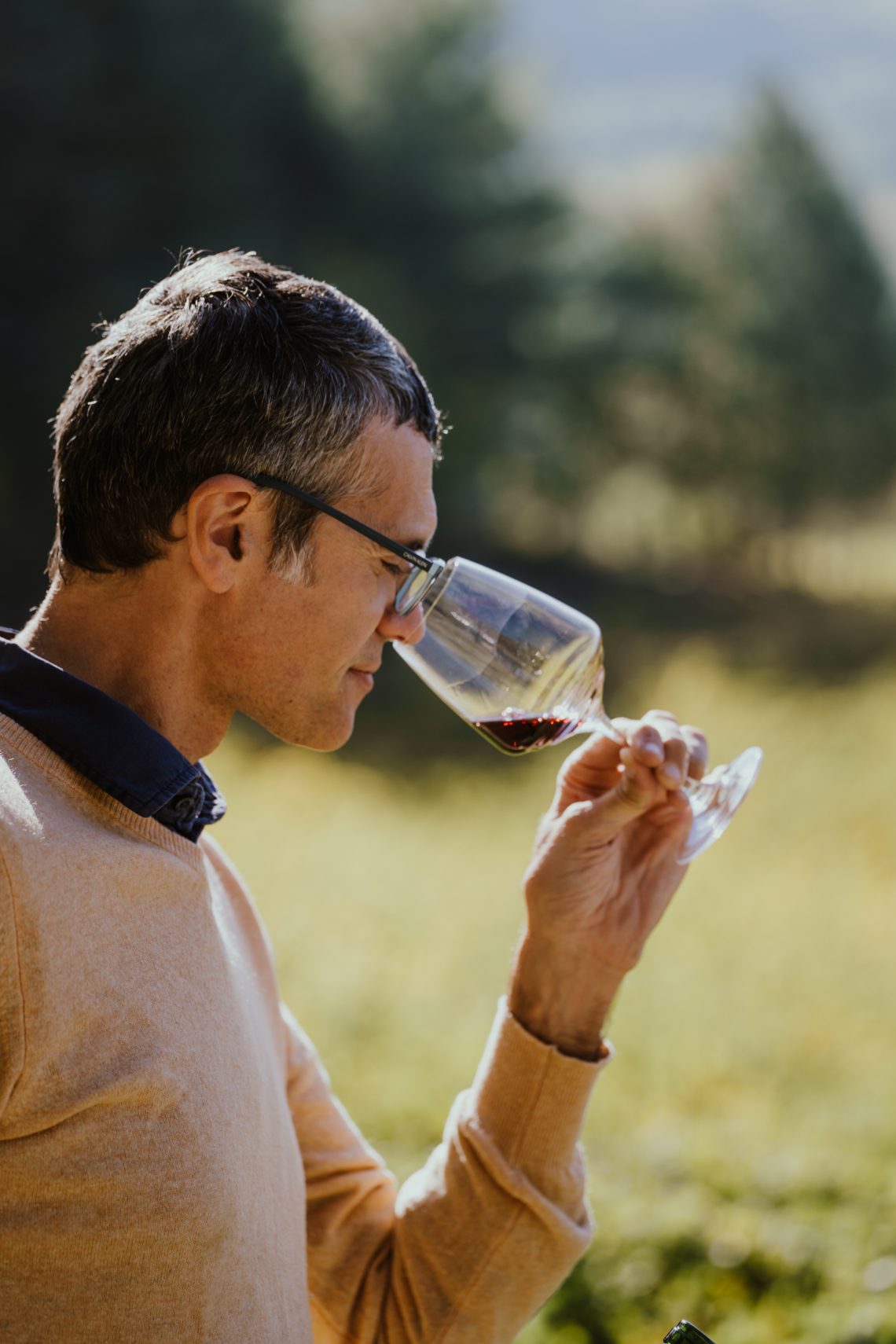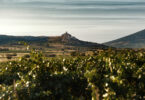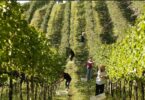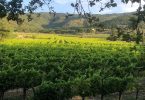The Wolf Post offers a professional service with free access, without subscription.
For this reason, a donation would also be a sign of appreciation for our work.
If in the second half of the nineteenth century European viticulture had to face the problem of phylloxera, today, and in the next few years, it will have to face a new obstacle: climate change. A global problem, which requires common policies on a global level. To understand how the national wine sector is analyzing and evaluating the first important signs of climate change, we asked the winemaker Francesco Bordini for an opinion who illustrates his experience.
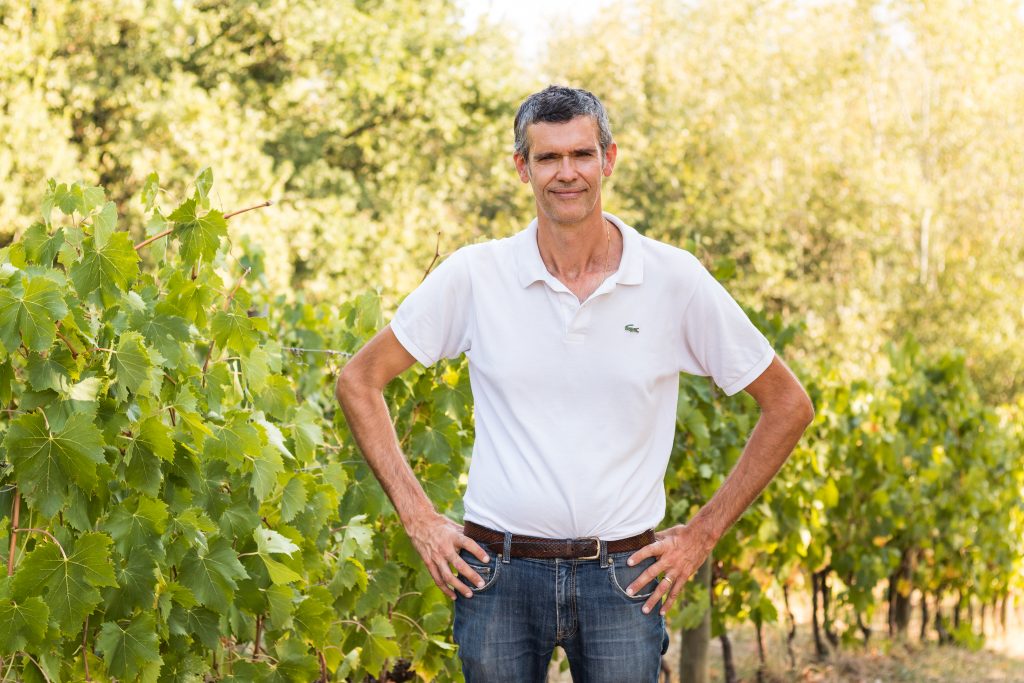
© Francesco Bordini Enologo
Climate change has significantly altered important areas of our planet. According to your professional experience, are these changes already taking place in Italy too?
Unfortunately, yes. I report below what, unfortunately, is there for all to see and which have an influence on the cycle of life:
– increasingly mild winters with increasingly scarce snowfalls;
– increase in the incidence of frost damage (resulting from the anticipation of the vegetative restart);
– replacement of the Azores anticyclones with African anticyclones (warmer, lower temperature range, higher humidity and less clear light);
– torrential rains, alternating with long periods of drought.
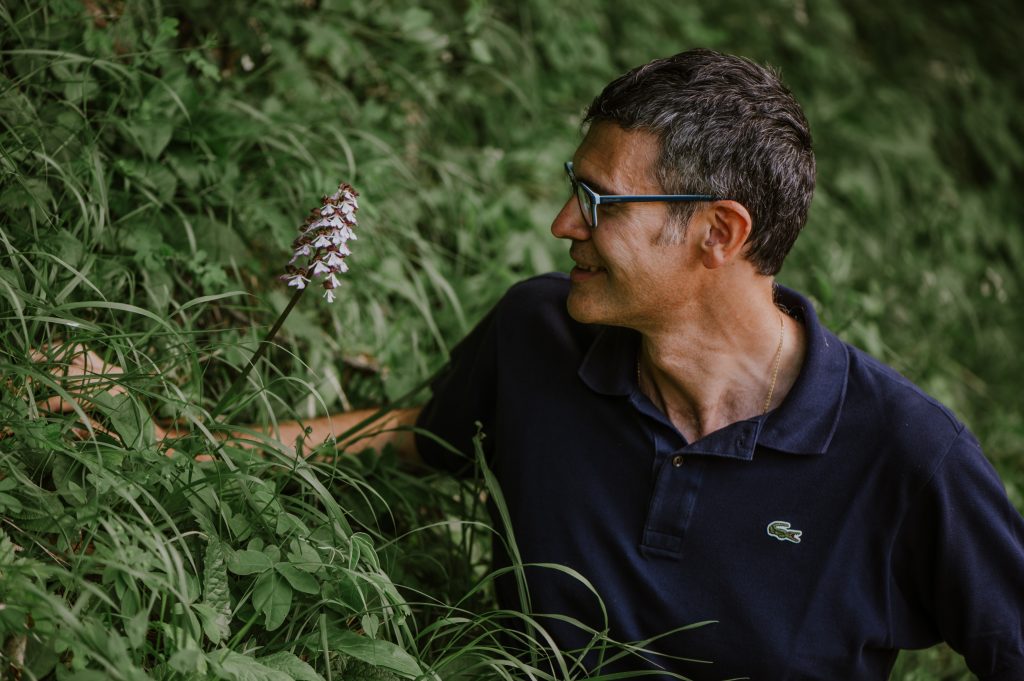
© Francesco Bordini Enologo
Are there any interventions, including preventive ones, that it is convenient to adopt to start compensating for these changes in the climate?
Never before have good viticulture practices been essential as the only remedy for stress in the vine.
I list some of them in my opinion essential:
-the care of the organic substance in the soil;
– tillage of the land;
– organic and biodynamic agriculture as a source of well-being for the vine plant;
– maniacal hair care;
– the approach to the forest;
– in the planning stage the choices of clone, rootstock and sixth.
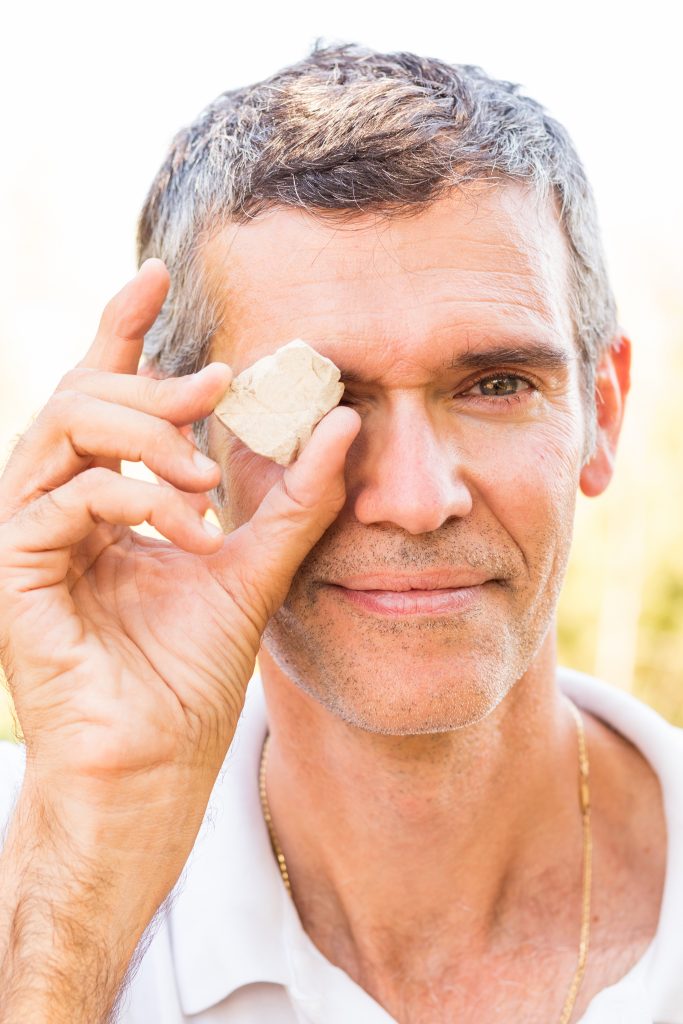
© Francesco Bordini Enologo
In some countries of Northern Europe (Denmark and Sweden), albeit in minimal quantities, they have begun to produce wine. Studies speculate that in 50 years the climate of these countries will be at the level of Northern France. What do you think of these studies and, in his opinion, could they become the new frontiers of wine in Europe?
The vine, until the year 1000 and the last little ice age, arrived in England: history repeats itself.
Certainly, these new territories will play an important role, especially for quality production and for the earliest vines.
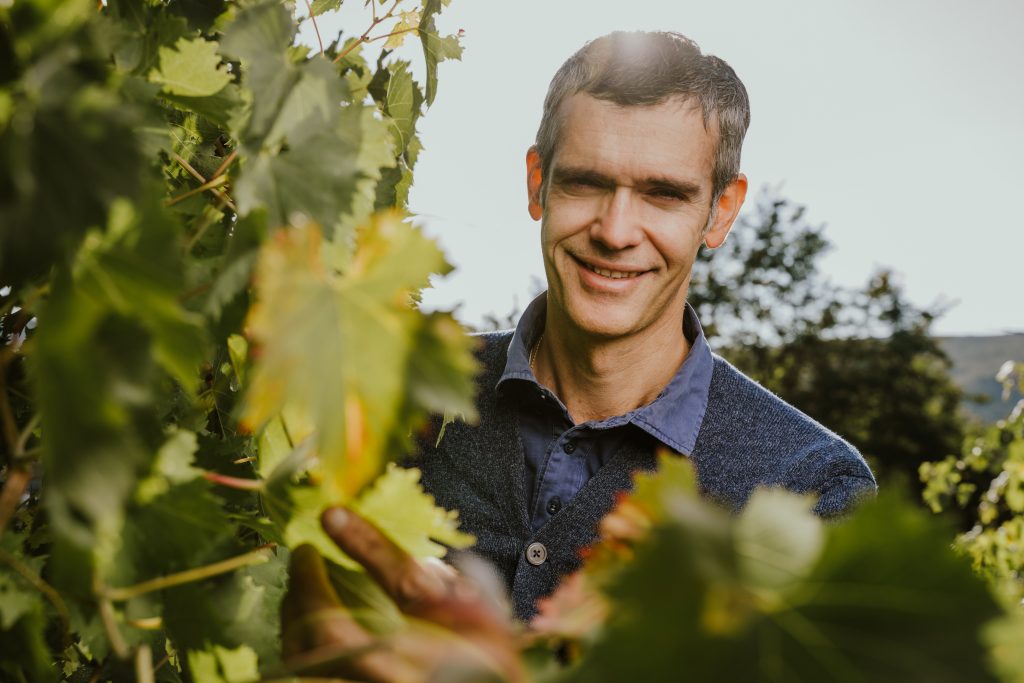
© Francesco Bordini Enologo
As for the Italian situation, are you aware of the planning or construction of new plants at heights above sea level which were unthinkable until “yesterday”? How do you hypothesize this change and what will be the difficulties of this oenological “readjustment”?
In the Apennines the vines reached 800m above sea level, much of the abandonment of the mountain occurred for economic reasons and for the desire for production.
The rule that always remains valid is that the more extreme the environment becomes, the more details count, such as exposure and drafts.
To date, one of the main problems that counteract the rise in cultivation quotas is the growing risk of spring frost (since cold returns are more likely in these environments).


